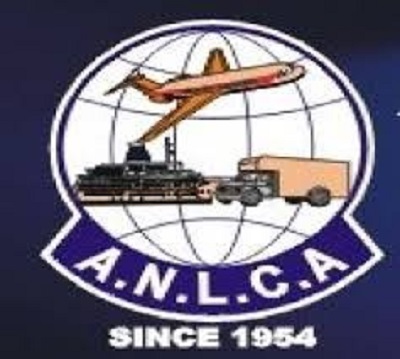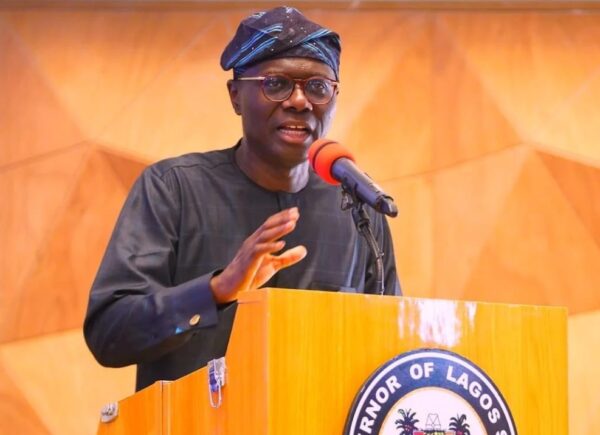Aviation Professionals Seek Establishment Of Aviation Development Commission
By Nkem Osuagwu
Following the seeming underdevelopment in the aviation industry in Nigeria, industry Professionals have urged the Federal Government to set up an Aviation Development Commission to monitor and coordinate aviation development in the country.
This is also as industry professions have identified infrastructure challenges and policy summersaults by the government as some of the major factors stunting the growth in the sector.
The Aviation Development Commission they argued should be backed u with an enabling act to ensure its functionality because aviation has the key that will unlock the nation’s economic and social potential. Stakeholders also said that for the country’s aviation industry to grow to international standards, good corporate governance without political interference must be entrenched in the system, saying that without this, the sector would continue to lag behind in the scheme of things.
These issues were discussed during the one-day conference with the theme: ‘Nigerian Aviation Infrastructure: Development and Challenges,’ organized by the Aviation Round Table (ART) in Lagos recently.
Dr. Harold Demuren, former Director-General of the Nigerian Civil Aviation Authority (NCAA) said aviation industry would continue to play major roles in the development of Nigeria.
Demuren observed that with the huge population and the strategic position of Nigeria in the global aviation map, the nation’s airports should be a hub for Africa, but wondered why the indigenous airlines were failing while the foreign airlines operating into the country were flourishing.
According to him, Nigeria was lacking in aerospace and ground based infrastructure, noting that no company in Nigeria manufactures any component of aircraft, build aircraft engine, adequate training facilities and aircraft maintenance hangar.
Demuren lamented that the Cape Town Convention, which creates room for easier acquisition of new aircraft by airlines had failed in Nigeria despite its importance to the airline sub-sector on the continent.
He observed that airlines are critical to infrastructure development, but maintained that for the country’s airlines to be profitable, they must be strong and form a united entity.
He added: “All the money we make in the industry, we return it to the Western countries. So, there is no reason for comparison with the West. We need to address the various gaps in the system. Good corporate governance and transparency are key to anything that we do in the sector.
“Aviation is a perishable product, if the seat mile is gone, you can’t sell it tomorrow. So, we must have strong management in the sector to move forward. We must also invest in our airlines by acquiring new aircraft, which costs are massive.
He insisted that the country’s airlines require bailout funds for them to remain afloat in business and declared that the American Government bailedout its airlines immediately after the September 11, 2001 terrorist attacks, while Air France had such gestures in the past from the French Government.
Also, Mr. Nick Fadugba, former Secretary General of African Airlines Association (AFRAA) who also doubled as the Chairman of the occasion, said that air transport could unlock the economic potential in Africa if it was run with good corporate governance.
For Nigeria’s airlines to be profitable, he canvassed for the nation’s carriers to form a joint venture, stressing that the era of doing it alone was gone.
Fadugba called for transparency on the policies of the government, stressing that Nigeria had knowledgeable technical personnel, manpower and market to control the sector on the continent.
“I commend the Federal Government for agreeing to pay the workers of the former national carrier, Nigeria Airways; however, they should be paid before the end of the year.
Capt. Fola Akinkuotu, Managing Director, Nigerian Airspace Management Agency (NAMA) in his presentation declared that the Nigerian airspace infrastructure had experienced significant development over the years in response to global trend, but noted that other countries too were moving forward.
He said that the Instrument Landing System (ILS) across the nation’s airports had improved with Lagos having two, Kano; two and Ilorin and Calabar airports have one each.
He explained that most of the ILS in the country were Category Two equipment, which are in conformity with the global standards.
He informed that Enugu Airport for instance has ILS, which is category two, but lacked approach landing system, which made it difficult for aircraft to land in poor visibility.
He, however, decried the lack of power supply across the airports and stations for the agency to power its equipment, but noted that in order to address the challenges; NAMA had commenced installation of solar power equipment across the country.
He also said Nigeria should upgrade its ILS equipment to Category 3 with the requisite training to ensure airlines could fly and even land at zero visibility the way it is done in other advance economies.
Copyright MMS Plus.
All rights reserved. This material, and other digital content on this website, may not be reproduced, published, broadcast, rewritten or redistributed in whole or in part without prior express written permission from KINGS COMMUNICATIONS LIMITED.







